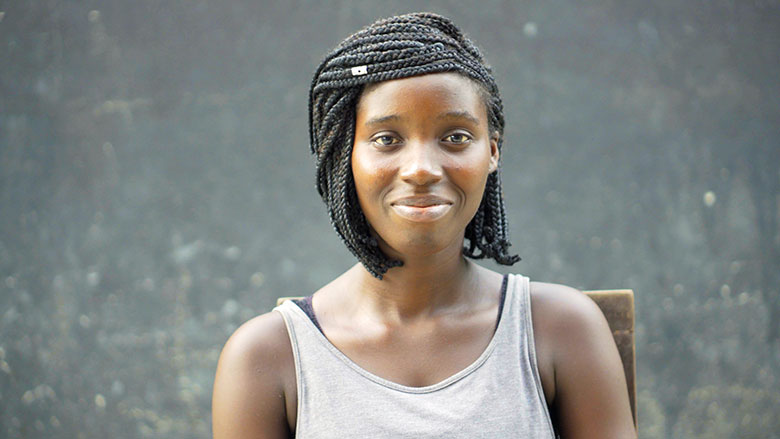For many girls coming of age in parts of Africa’s Sahel region, their aspirations, hopes, and dreams are more often than not swept away as they transition from helping out with chores in their household, to running their own. They may have to drop out of school, marry soon after reaching puberty, and become young mothers—a vicious cycle that diminishes their economic potential and impacts their health.
Investing in girls’ education and keeping girls in school are critical first steps in building a country’s human capital and opening up opportunities for women in the Sahel. The IDA-supported Sahel Women’s Empowerment and Demographic Dividend project (SWEDD) aims to empower women and adolescent girls and increase their access to quality education and reproductive, child, and maternal health services.
In partnership with the United Nations Population Fund (UNFPA), the project mobilizes all of society to harness the tremendous economic potential of women, from religious leaders, legislators, and health workers to mothers and husbands. Women’s empowerment is not only beneficial for girls; it benefits their families, the community as a whole, and a country’s economy.
Alice Adja dropped out of school when she was 8 years old. Her parents could not afford to pay for her education. At age 11, they sent her to live with an aunt in Abidjan, Côte d'Ivoire, where she had a string of odd jobs. Alice is now 23 and works as a housemaid for an Abidjan family.

